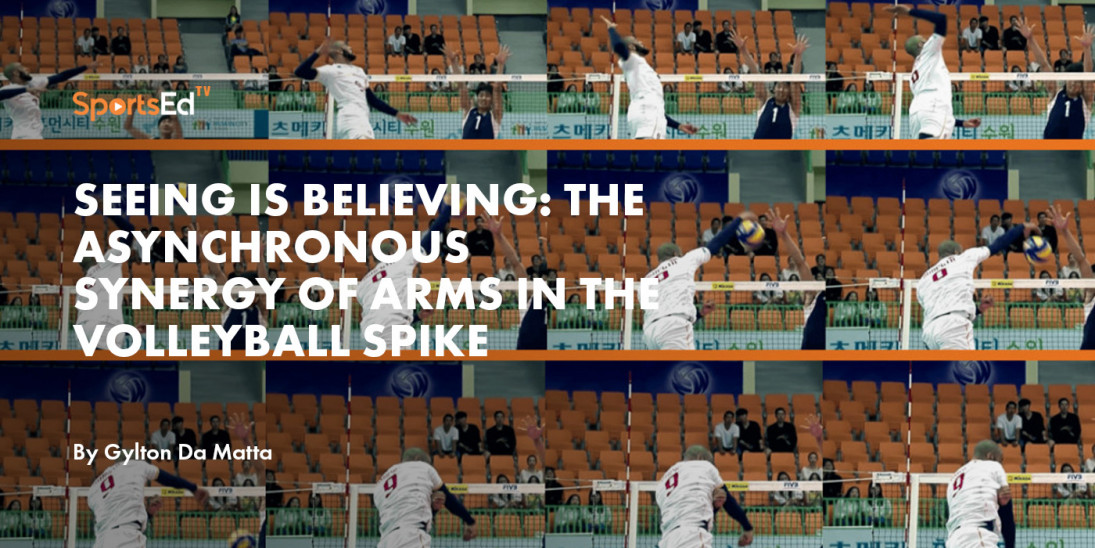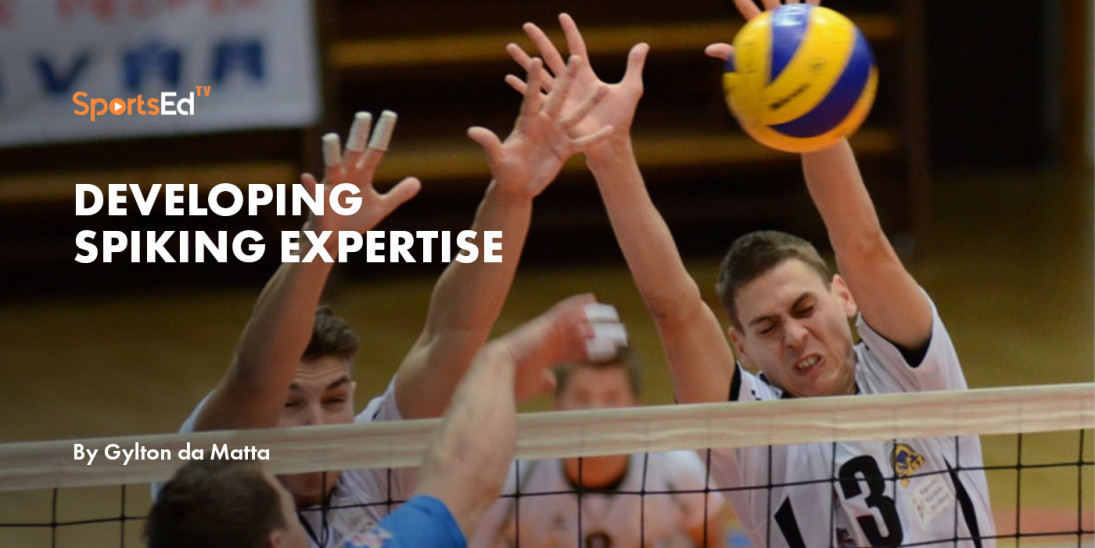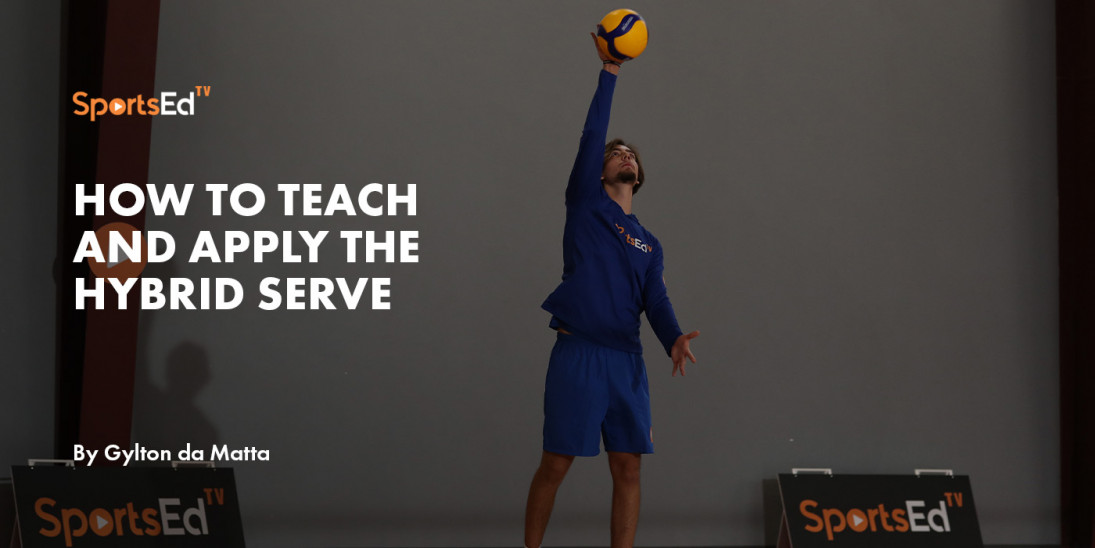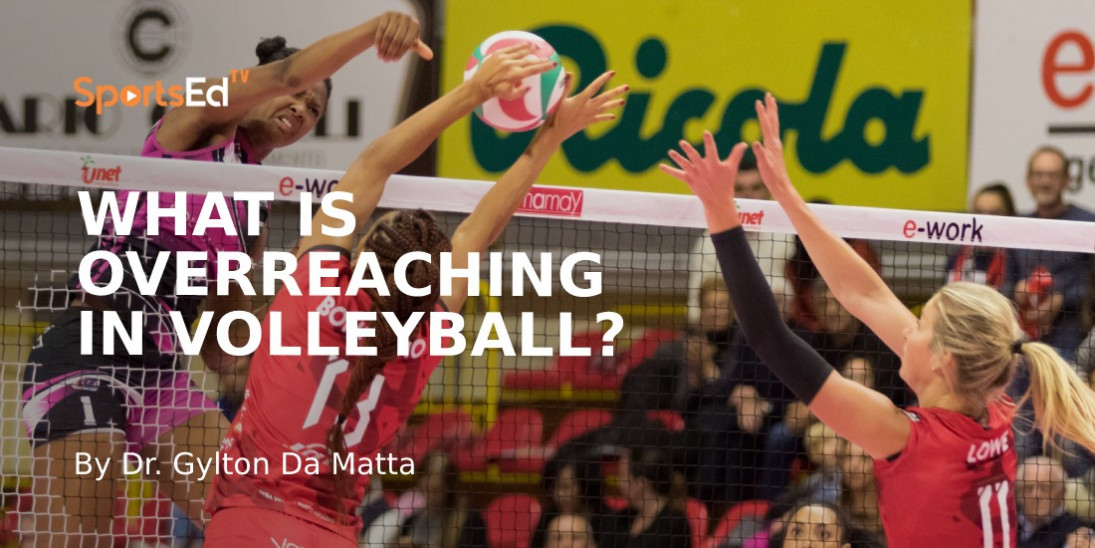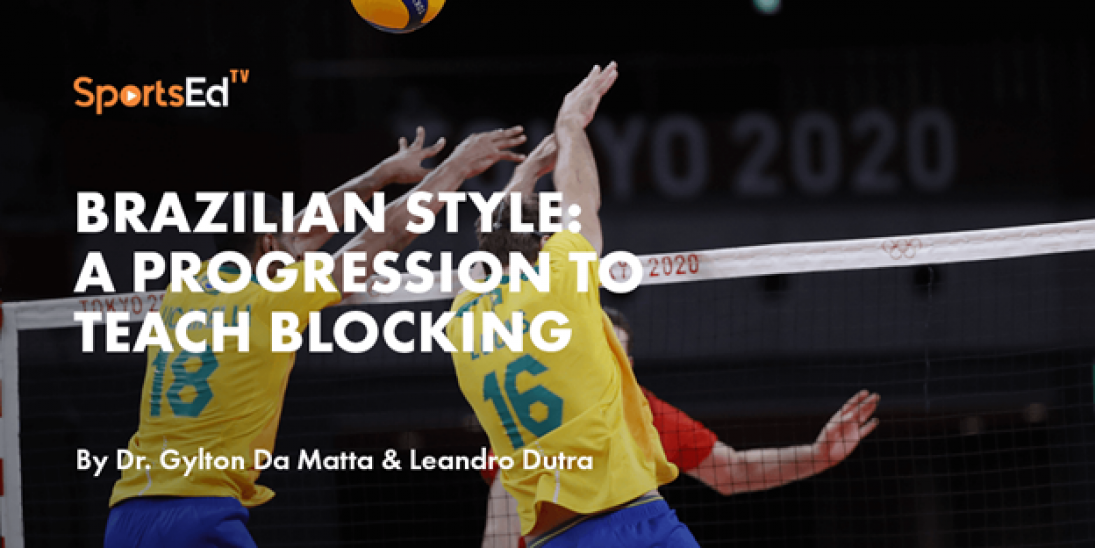Volleyball
Welcome and thanks for visiting...

Inherit the Wins

When communities ache, gifted, skilled and righteous social activists often lead the healing.
This is a story about generational, perhaps even genetic, social activists--a mother and son tandem--who impacted their communities with relentless righting of wrongs.
Mother, Guaracy Brandao da Matta, daughter of Afro and Indigenous Brazilian parents fought the disease in the ghetto-like neighborhood of Pompeia in the eastern zone of Belo Horizonte, Brazil.
Son, Gylton da Matta, weakling as a child, elite international athlete, and current founder of the SportsEdTV Foundation, is dedicated to equalizing life opportunities in the global community using sports as a medium.
Grasping the depth of Gylton’s commitment and leadership takes a from-the-beginning telling:
As a child, he was weak, often sick, and pretty much housebound, kept there by his mom whose fear of disease from the germ-infested streets of Pompeia was exacerbated by poor or non-existent sewage and water systems to serve the community.
“My mom, she was a warrior,” Gylton recalls, describing her zeal for bringing sanitation to Pompeia.
Guaracy organized other families and began cooking to get pipes for the systems and feed the men who were installing them.
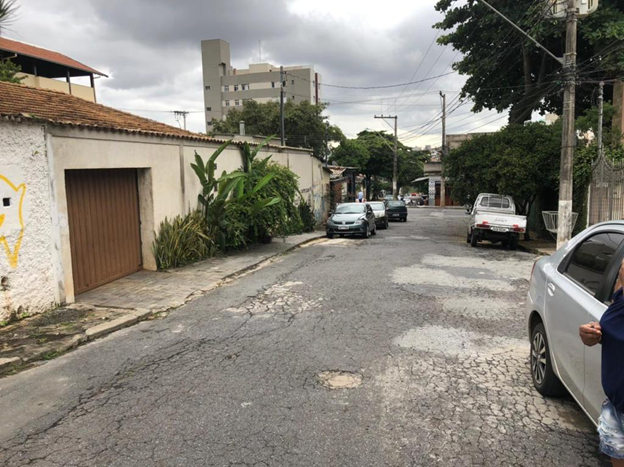
Gylton’s street nowadays
“To think that my mother led the revival of that neighborhood and helped save the lives of many children like me who were at disadvantage and prone to get sick just by playing outdoors in Pompeia is a continuing motivator,” Gylton says.
Pompeia continued to be a poor community, yet it became cleaner and healthier thanks to activists like Guaracy Brandao da Matta.
As Pompeia healed, the da Matta family was struck by dual tragedies-- Gylton’s sister Miracy died drastically and a brokenhearted Guaracy followed her a month later. Gylton was just 10 years old.
While the family reeled the community healed and a healthier Gylton’s sports career began, at first just in the backyard and neighborhood cul de sac with soccer and volleyball.
Sports, as it turned out, led Gylton to success, friendships, indignities, racism, and a ministry.
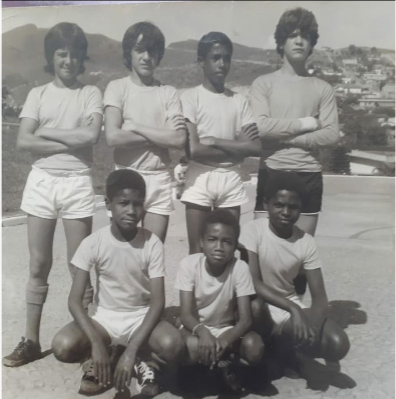
Gylton da Matta in 1974 (standing, then 10 years old)
Later when he was 11, sports adventure was supercharged when he was introduced to Olimpico Sports Club, in Belo a 6 km hike from his home where his volleyball love was nurtured.
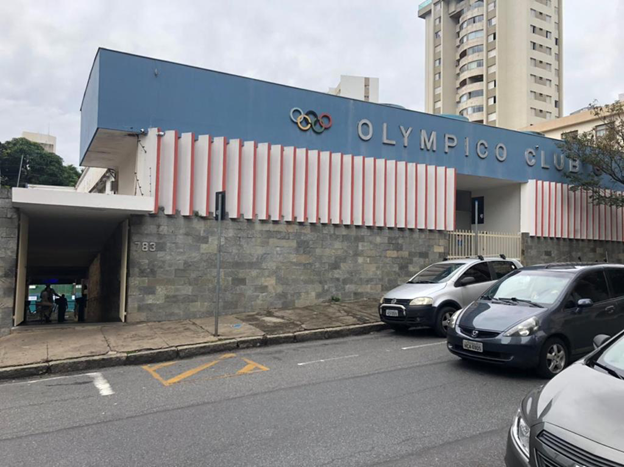
Meanwhile, the logistics of living in the city’s east section, the school was two bus rides away and volleyball practice at The Olimpico Club was equally daunting. Some days he walked 6 Km to Olympico, other times he ran.
When he started shining shoes to earn bus fare, Gylton’s routine got more complicated but easier.
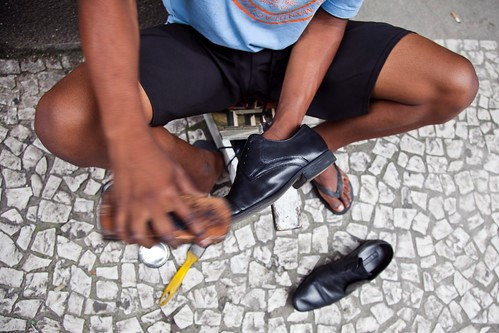
His dad, Milton, a public worker, of Afro and Italian lineage, struggled to raise Gylton’s siblings, sisters Milcyra and Milcy, and brothers Gualton and Cylton. Some days Gylton had to choose between eating or bus fare. Even today his buddies kid him that they could always count on a visit from Gylton around lunchtime.
Meanwhile, another person stepped onto the stage of Gylton da Matta’s life.
Enter Julio Carvalho, Olimpico Club volleyball coach who recruited, mentored, and influenced Gylton’s selection to Brazil’s national volleyball team for players under the age of 16.
Coach Carvalho (aka Julinho) helped Gylton to the Olympic national program as a player and was later instrumental in his eventual appointment as a National Instructor Coach of Reference for the Brazilian Confederation of Volleyball.
During the early Olimpico Club experience, Gylton began to see sports as a great social equalizer. He made friends with poor kids like himself and rich kids with sparkling new equipment, all thriving in the camaraderie engendered by their love of the sport.
By then his shoe-shining business had grown to 40 or 50 pairs a week, earning him enough with tips to replace the hand-me-down-taped-up gym shoes with a brand-new pair of his own. He was able to stop borrowing knee pads from the generous rich kids, to buy his own.
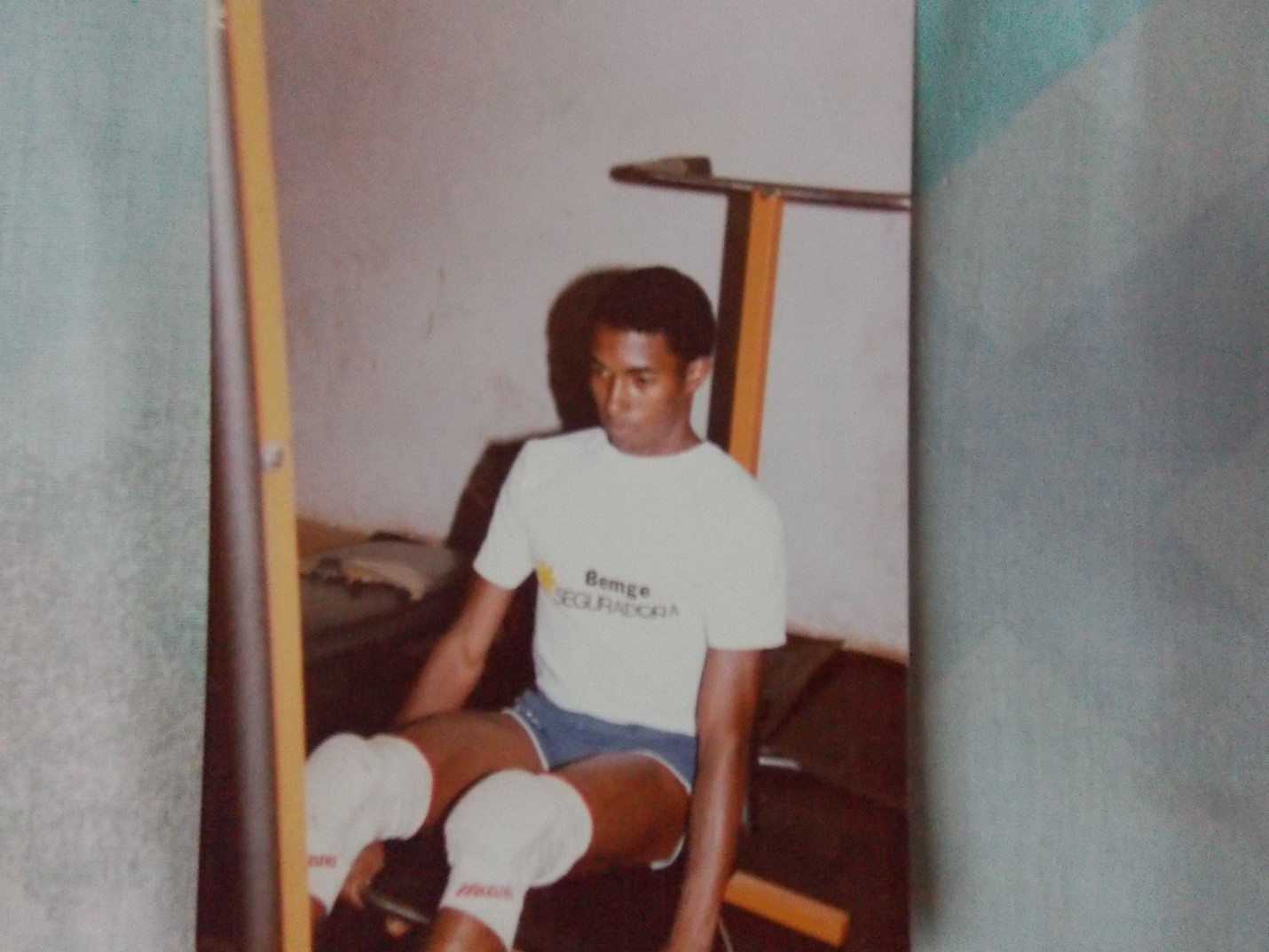
As the stressors of single parenting began to affect the da Matta family's stability, Grandfather Joao da Matta a self-made man, took Gylton into his home and supplemented the scholarship Gylton was awarded by Colegio Promove, a private school that welcome him and led him to college.
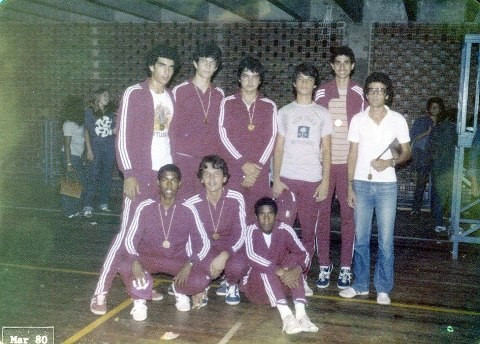
In 1979, against all odds, made it to the State Select team and played at the U17 Nationals in Rio de Janeiro.
When sports and smarts collided in Gylton da Matta’s life a leader was born.
While supporting his education as a messenger boy, he traipsed around the city with unknown contents in what Gylton describes as a “James Bond briefcase” for a local bank.
“Sometimes it wasn’t as glamorous, dangerous, or important,” Gylton said. “Somedays I’d run for coffee or cigars for the bankers,” he’d add.
Though the bankers liked Gylton’s energy and promoted him, he was called back to Olimpico Club after graduation when Julio reminded him of his debt to volleyball.
For eight years Gylton developed nearly 300 players and a dozen of them played for the powerhouse Brazilian national team and 5 won world championships.
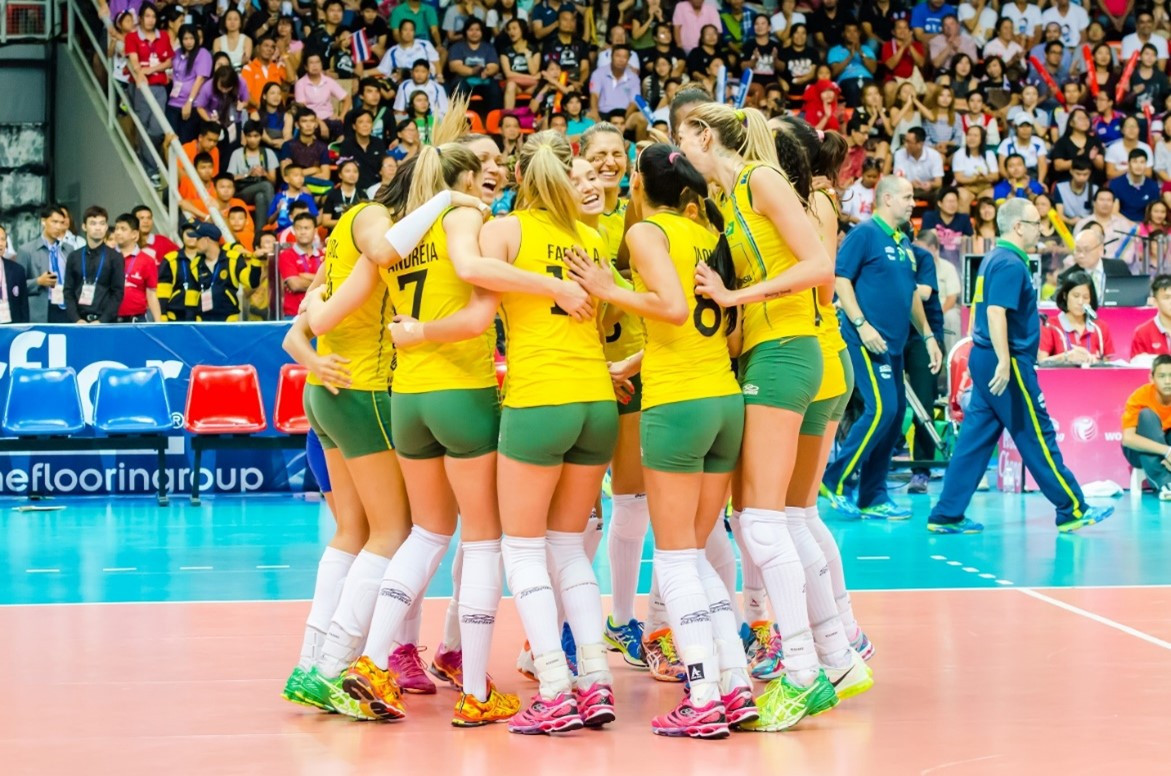
His voracious appetite to excel and educate led him to the RIO volleyball world championships in 1990 where he met and audited clinics by American sports Ph.D.’s, Bill Neville, Marv Dunphy, and Doug Beal. Beal further inflamed Gylton’s passions by suggesting Gylton learn English and go to American Universities and earn his own Ph.D. Then, Gylton registered in English classes and applied to the ICCP (International Camp Counselor Program) of the YMCA in 1991, where he participated in the leadership of youth exchange programs for disadvantaged children through the YMCA Greater Houston Area. His lectures at the Board helped to triple the budget for exchange programs with Latin America in the years to come.
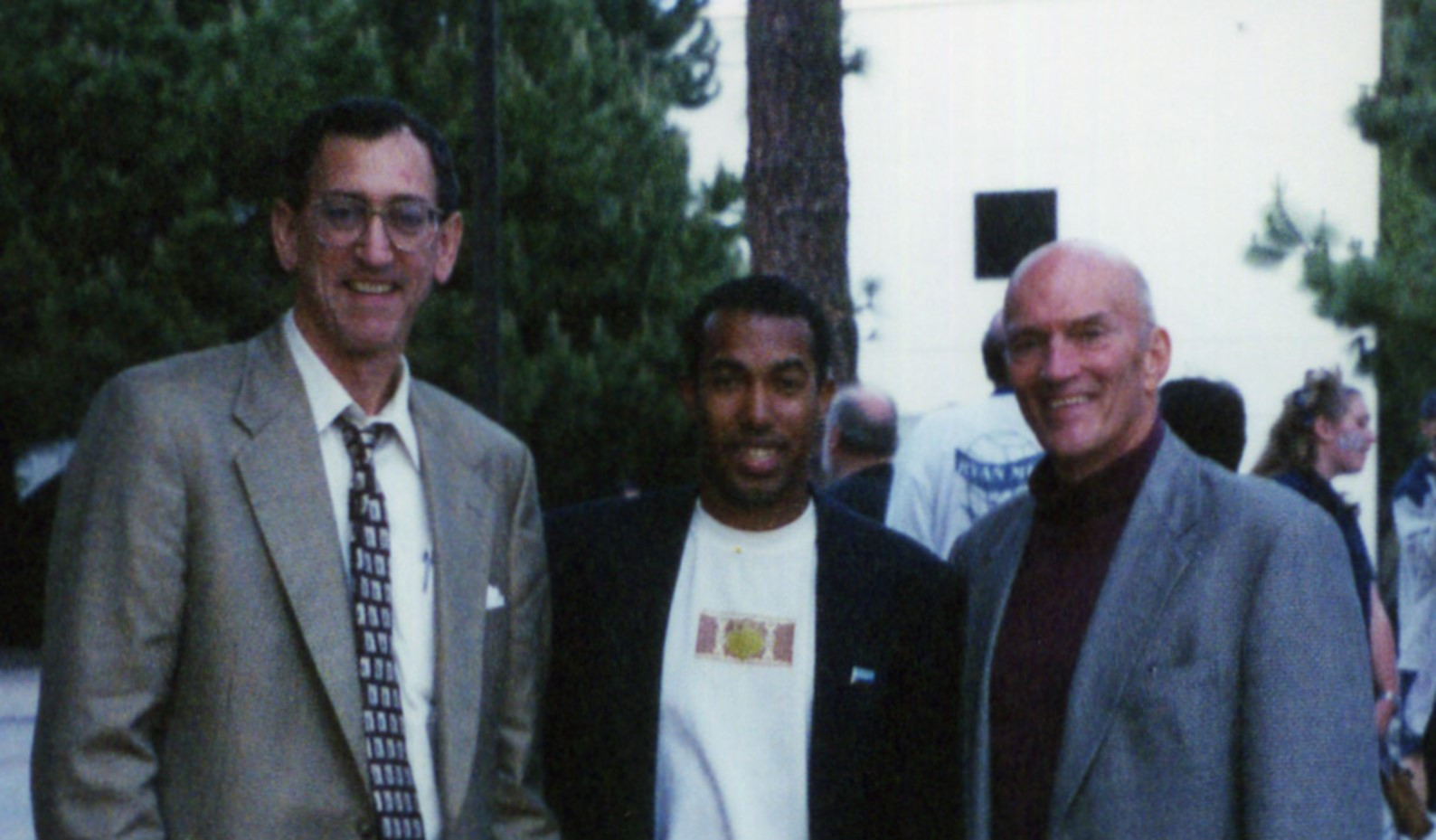
Doug Neal and Gylton in 1999, reunited after Gylton earned his Masters at Appalachian State.
So, he did!
Earning his Ph.D. in Physical Education Pedagogy with an emphasis on Motor Learning from the University of South Carolina, he more importantly met and married Professor Louise Jennings a passionate Harvard-schooled social justice educator. They collaborated to gift the world with Alex da Matta.
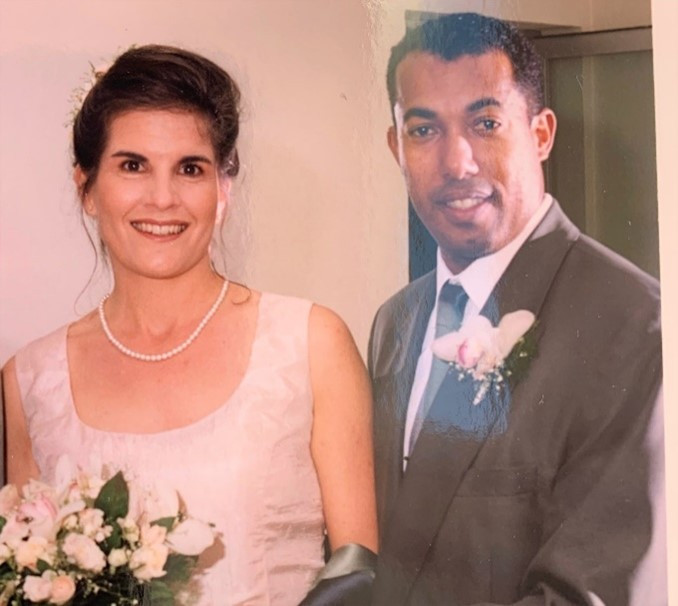
Another great accomplishment followed in 2004, when da Matta earned his doctoral degree studying the expertise development of the women’s volleyball players of Brazil, one original study and only of its kind.
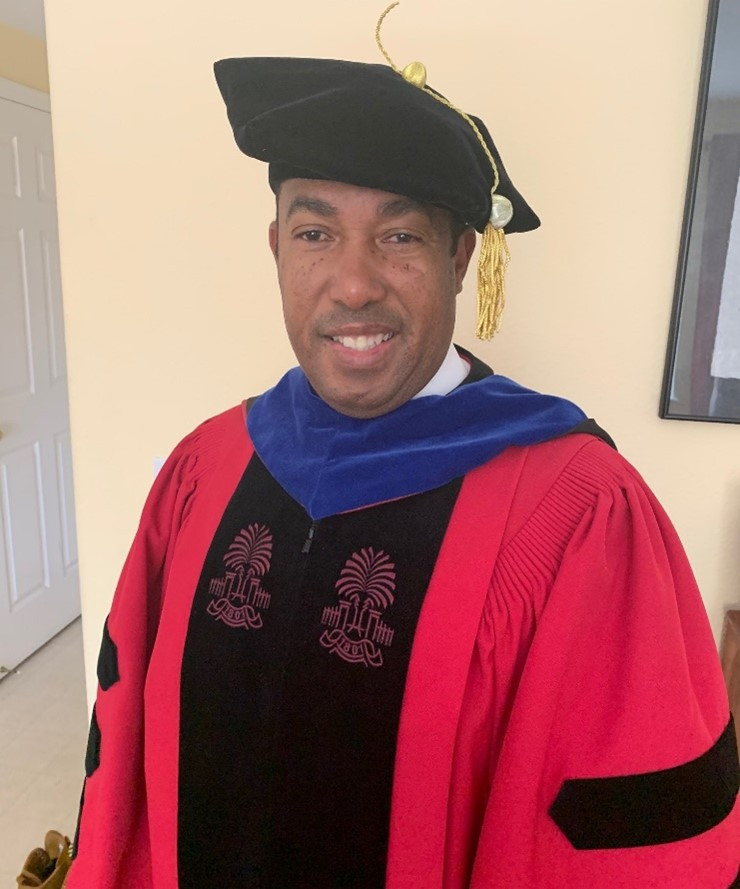
The da Matta’s moved to Colorado when Louise joined its university’s faculty and Gylton built Alliance Yosa his sports club which featured Nets of Hope, a charitable arm built in the spirit of Nelson Mandela’s inspiration:
“Sport has the power to change the world. It has the power to inspire, it has the power to unite people in a way that little else does. It speaks to youth in a language they understand. Sport can create hope, where once there was only despair. It is more powerful than governments in breaking down racial barriers. It laughs in the face of all types of discrimination.”
Nets of Hope became the precursor to the foundation Gylton da Matta leads today, the origins of which go back to South Carolina where Gylton’s motor learning studies began collaborations with Victor Bergonzoli, founder and CEO of Dartfish, the video technology marvel.
This dynamic pair reunited recently, Victor as CEO of SportsEdTV and Gylton as its Volleyball Director missioned to assuage the aching of global societies by leveraging the power of sports to unite, elevate and educate disparate communities.

